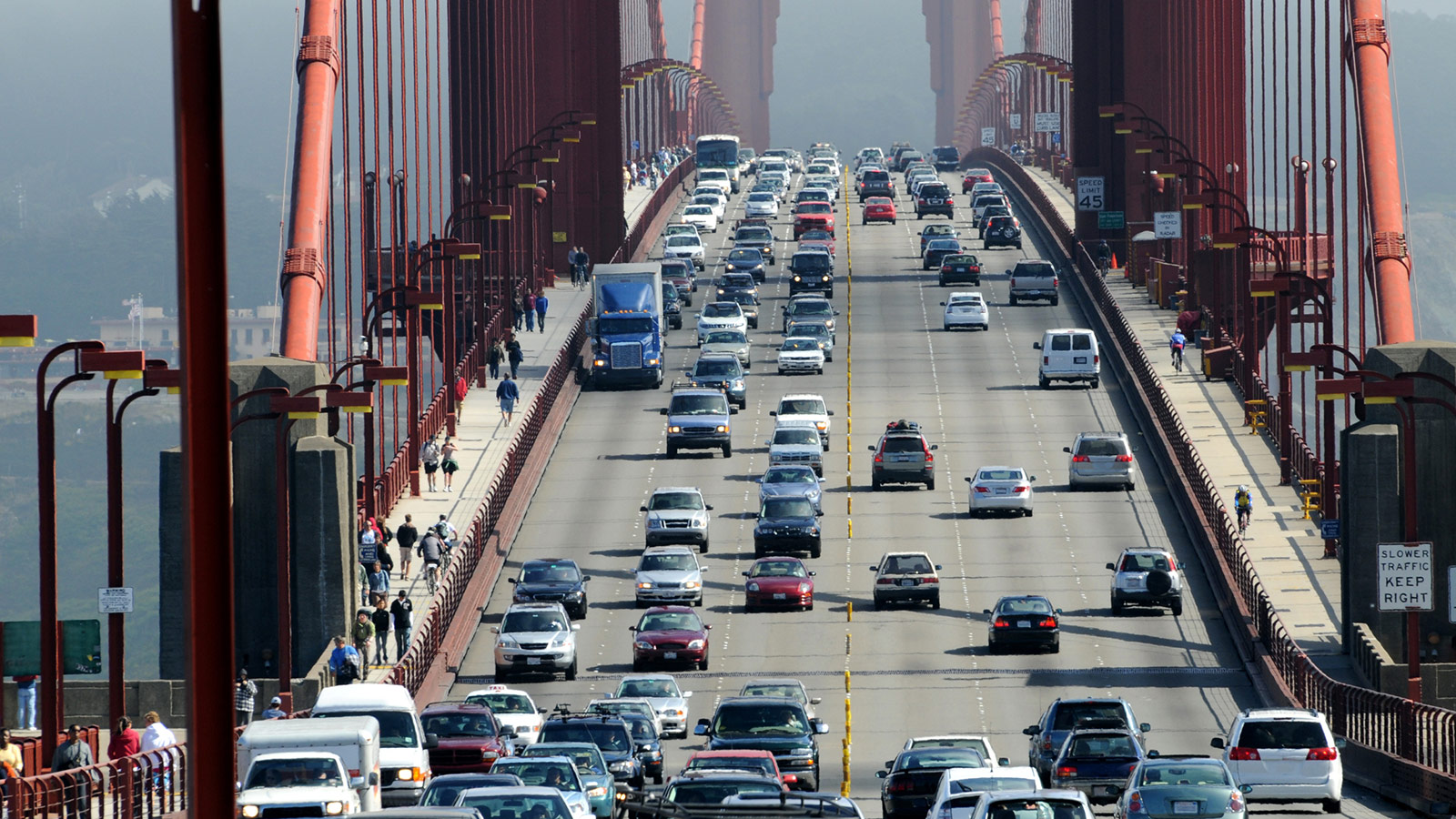After a long PR battle between oil industry lobbyists and California’s regulatory agencies, the state’s cap-and-trade program was extended on Jan. 1, on schedule, to cover companies that sell fuel to drivers. That means fuel retailers will have to either provide lower-carbon fuels or buy permits for the pollution their products put into the air.
Industry front groups have been labeling this new extension of the cap-and-trade program a “hidden gas tax.” Citing calculations based on outdated figures, these groups have been threatening that, starting this month, prices at the pump will go up for Californians by as much as $0.76 per gallon.
That’s not true, say the California government and independent economists. Yes, some of the cost — something in the neighborhood of 9 or 10 cents per gallon — could be passed on to consumers. But with gas prices across the U.S. falling ever lower, California drivers likely won’t notice much of a difference. Furthermore, as the Natural Resources Defense Council’s Simon Mui points out, AB 32 — the California climate change legislation that led to the creation of the cap-and-trade program — takes steps to encourage fuel efficiency and to promote alternatives to gasoline-powered cars, from electric vehicles to high-speed trains. Those initiatives, NRDC estimates, could end up saving families hundreds of dollars in transportation costs each year.
So why is the industry warning of a major hike in fuel prices even when independent analysts are saying Californians can expect to pay only an additional dime a gallon? Some consumer advocates worry it’s a sign that the industry may try to have the last word by artificially hiking prices in protest of the program. For instance, the oil industry might pull one or more of the state’s 14 refineries offline, causing prices to spike. So last month, Consumers Union, the policy arm of Consumer Reports, sent a letter to the state agency that oversees fuel markets warning it to watch for market manipulation from a spiteful industry.
“Oil companies launched a ballot initiative, backed a number of failed bills to dismantle clean energy efforts and have spent $70 million lobbying Sacramento politicians” to undermine the state’s climate law, said Shannon Baker-Branstetter, policy counsel for Consumers Union, in a press release put out with the letter. “Through it all, consumers have been steadfast in their support of clean energy and energy efficiency.” Baker-Branstetter noted that even as oil prices are falling, industry-backed groups “continue to claim that gas price spikes are coming starting in January 2015. … We want to make sure that California consumers are protected against possible market manipulations.”
The San Francisco Chronicle reports that, perhaps in response to these concerns, California’s Energy Commission appointed new members to the state agency that monitors how regulations affect fuel prices — including the head of antitrust operations in the state attorney general’s office.




